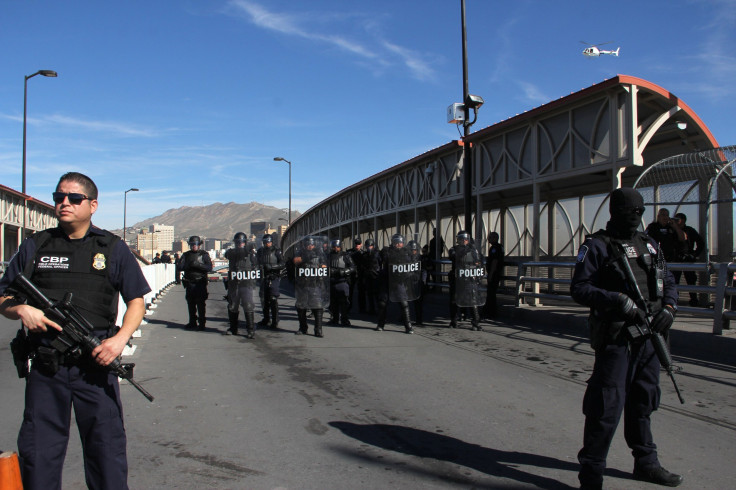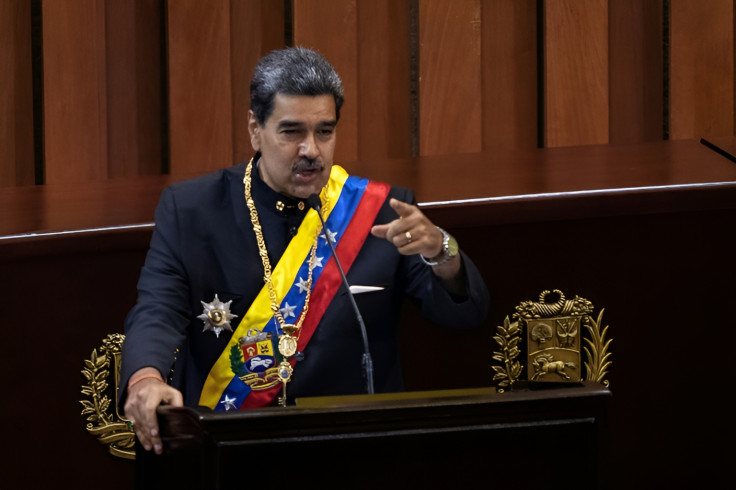
Venezuela has followed through on its threat to the U.S. and stopped accepting deportation flights from the country, as relations between the countries sour amid a renewed crackdown from the Maduro government on political adversaries.
According to the Wall Street Journal, the decision came after Washington reimposed some of the economic sanctions it had previously lifted. The U.S. government had concluded that the Venezuelan government didn't fulfill its commitments made in the Barbados agreements, a series of conversations with the opposition aimed at advancing to freer and fairer elections.
The news outlet quoted U.S. officials who said that the deportation flights stopped in late January, some three months after they were instated.
Overall, 15 flights were chartered, returning about 1,800 Venezuelans to their country. Even though the figure is a tiny fraction of the hundreds of thousands detained along the U.S. southern border, the agreement was seen as a deterrent for those who don't want to return by any means.
The Department of Homeland Security said that deportation flights can be replaced with other measures, such as returning them to Mexico.
The U.S. has escalated its criticism of Venezuela this year, especially following two specific events: the banning of opposition leader María Corina Machado from running for office and the recent detention of human rights activist Rocío San Miguel.
In regards to the first, Venezuela's Supreme Court ruled that opposition leader and likely presidential contender María Corina Machado could not run for public office until 2036, upholding accusations of fraud and tax violations as well as supporting the economic sanctions the U.S. imposed on Venezuela over the last decade.
And as for San Miguel, she was detained after officials claimed that she was involved in a plot to kill president Nicolás Maduro and other high ranking officials.

The apprehension was confirmed by prosecutor general Tarek William Saab, who added that the alleged conspiracy, dubbed "white bracelet," was also aimed at attacking military units across the country. On subsequent days news surfaced that members of her family had been arrested too.
The news catalyzed a swift backlash among the country's opposition and other human rights activists, who claimed that San Miguel was being detained for political purposes.
In that context, the White House said it aware of reports regarding her arrest and that of members of her family and that is following the events "very closely." "We are deeply concerned about it," said National Security Council spokesperson John Kirby on Tuesday.
Operation "white bracelet" also made the rounds this week after a Venezuelan dissident accused of also being involved in it was kidnapped in Chile.
The person in question is Ronald Ojeda Moreno, a former member of the Venezuelan army who defected and denounced Maduro. He was kidnapped on Wednesday by a group of people pretending to be members of the Chilean police and his whereabouts are unknown ever since.
Even though there is no conclusive evidence yet, Venezuelan opposition party Voluntad Popular accused the Maduro government of orchestrating the kidnapping and of "using the sovereign territory of other states to conduct espionage and attack Venezuelans."
© 2025 Latin Times. All rights reserved. Do not reproduce without permission.





